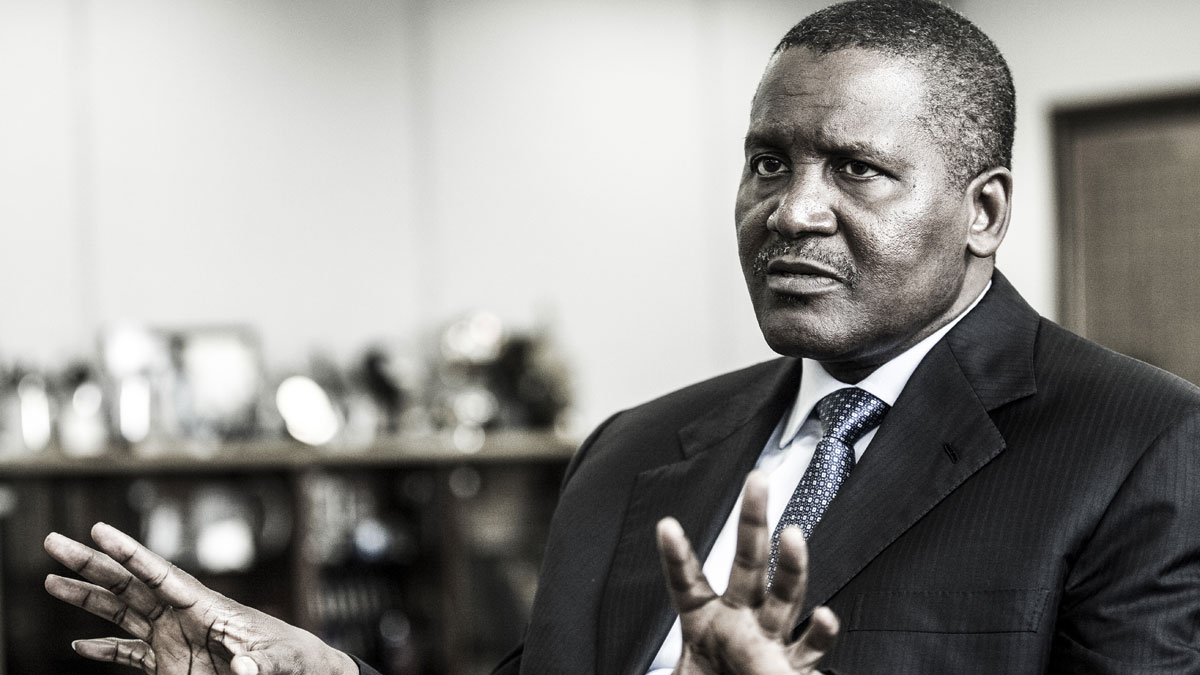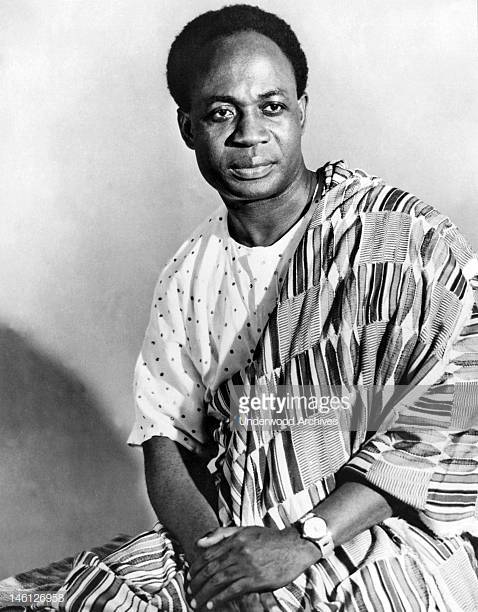“A rough journey.”
This is how Aliko Dangote, CEO of Nigeria’s Dangote Group, described the company’s expansion across the African continent.
Dangote started the business almost four decades ago as a trading enterprise – focusing on products such as cement, sugar, flour, salt and fish – and later ventured into full-scale manufacturing. Today the Dangote group is a behemoth with interests in cement, sugar, salt, pasta, beverages and real estate, to name a few.
Cement is one of Dangote’s most successful products, and the company is currently Africa’s biggest producer. It has existing and planned operations in 16 African countries, including Nigeria, Senegal, South Africa, Cameroon and Ethiopia. Dangote Cement’s unaudited results for the six months ended 30 June 2017, showed revenues from Nigeria reached ₦291.4bn (US$924m), while turnover from the rest of the continent stood at ₦124.4bn ($394m).
But it seems that even for one of Africa’s richest men, building a pan-African company hasn’t always been smooth sailing. Speaking during a session at the recent Afreximbank annual general meeting, held in Rwanda’s capital Kigali, Dangote identified some of the international expansion hurdles his company had to overcome.
The Risks for Dangote Group
One of these has been legal action by local cement companies who weren’t happy with a new kid on the block. Some of these cases dragged on for as long as three years and even ended up in the supreme court.
Political risk is an item high on the list of concerns for frontier-market investors, especially uncertainties about whether an incoming government will continue with existing policies. But Dangote said his company typically doesn’t get involved in politics and aims to work with whichever party is in power. However, he conceded there have been challenges such as finding out that the “minister of finance himself is the chairman of the competition”.
To mitigate against the potential adverse effects of a change in power, Dangote advises foreign investors to decline concessions or incentives not available to other players in their sector. This means they cannot be singled out when a new government introduces policy changes – the entire sector would be impacted.
Dangote said foreign companies typically wait for the results of the next election before entering a country. However, once the election is completed, they again postpone their investment decision as they wait for the government to stabilise.
“With us as Africans, we are used to this, we are not going to wait for any election outcome, we will continue to invest. And even if there is a new government, we are not going to wait and see the stability of that government. We will continue in the hope that they will do the right thing,”
Aliko Dangote
“In a country like Nigeria, from 1977 to date, we’ve seen 11 governments. And I think so far, so good – we’ve not been thrown out, yet.”
Becoming an electricity producer
Many African countries suffer from inadequate grid-connected electricity to drive industrialisation. However, Dangote Cement has overcome this challenge with a simple solution – generating its own electricity to power its plants.
“We are power producers… In entire Africa, only in South Africa and Ethiopia, we don’t produce power. [In all the] other countries, we produce our own power for our businesses.”
Dangote added that in Nigeria, which is known for its significant electricity deficit, it costs the company three times less to generate its own power than what it would have paid to buy it from the national grid.
Cross-border trading challenges
Transacting across borders in West Africa is “very, very tough”, according to Dangote, due to the numerous extra costs and transport challenges.
For instance, the Dangote Cement plant in Nigeria’s Ogun State is located much closer to countries such as Benin, Togo and Ghana, than to some major Nigerian cities – Ghana is about 450km from the factory, while Nigeria’s capital Abuja is 670km. However, despite the proximity of these countries and the fact that they rely on imported cement from as far away as China, it has been challenging for the company to sell its cement there due to various border charges that can inflate costs by as much as 30%.
According to Dangote, the markets in some individual African countries are often too small to justify investing in a dedicated factory. To benefit from economies of scale, manufacturers, therefore, need to be able to easily sell their products across borders.
Dangote said the new $11bn oil refinery and petrochemical complex his group is constructing in Lagos will produce enough fuel and polypropylene (a common component of plastic products) to cater for the entire West Africa region. “In refining, the margin is not that much. So the only way you can make money is by volume of business.”
He further highlighted the challenges associated with moving staff from one African country to another. As a Nigerian, he requires a visa for over 30 countries, while a British passport holder needs a visa for only a handful of African territories.
Credit: Howwemadeitinafrica.com



